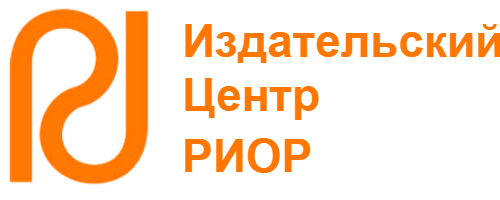UDC 340.6
Failure to adequately meet energy needs has an impact on the health and performance of divers. A restrictive diet that results in low energy also leads to micronutrient deficiencies, premature fatigue, frequent injury, and poor athletic performance. Athletes should consume nutrient-rich foods and fluids, and certain nutritional supplements may be recommended under medical supervision. Although sweat loss during indoor training is relatively small, divers should adhere to certain fluid intake strategies. A multidisciplinary sports medicine team should be an integral part of daily training, and appropriate foods and fluids should be available during long periods of training and competition.
competitive diving, nutrition, medical support, diving, sports medicine, energy balance
1. Dan Benardot. Nutritional Recommendations for Divers /Dan Benardot, Wes Zimmermann, Gregory R. Cox, Saul Marks // International Journal of Sport Nutrition and Exercise Metabolism, 2014, 24, P. 392 -403.
2. IOC Consensus Statement on Sports Nutrition 2010. [Elektronnyy resurs]. Rezhim dostupa: URL: https://stillmed.olympic.org/Documents/Reports/EN/CONSENSUS-FINAL-v8-en.pdf (data obrascheniya 28.03.2024).
3. Gleeson, M., Nieman, D.C., & Pedersen, B.K. (2004). Exercise, nutrition and immune function. Journal of Sports Sciences, 22, 115–125.
4. Lewis, R.M., Redzic, M., & Thomas, D.T. (2013). The effects of season-long vitamin D supplementation on collegiate swimmers and divers. International Journal of Sport Nutrition and Exercise Metabolism, 23, 431–440.
5. Loosli, A.R. (1993). Reversing sports-related iron and zinc deficiencies. Physician and Sportsmedicine, 21, 70–74, 77–78.
6. Lovell, G. (2008). Vitamin D status of females in an elite gymnastics program. Clinical Journal of Sport Medicine, 18, 159–161.
7. Phillips, S.M., & Van Loon, L.J. (2011). Dietary protein for athletes: From requirements to optimum adaptation. Journal of Sports Sciences, 29 (Suppl. 1), 29–38.
8. Rodriguez, N.R., DiMarco, N.M., & Langley, S. (2009). Position of the American Dietetic Association, Dietitians of Canada, and the American College of Sports Medicine: Nutrition and athletic performance. Journal of the American Dietetic Association, 109, 509–527.
9. Woodside, B. & Marks , S. (2004). Diet and the Aquatic Sports. FINA Aquatic World Magazine, 14, 27–28.




